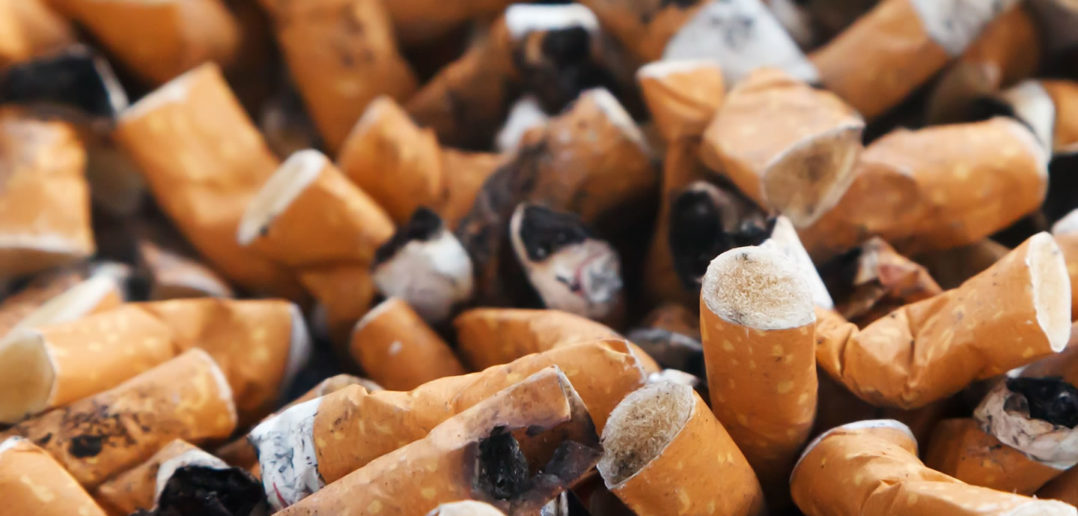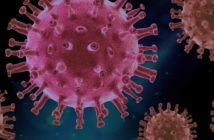A new report from the World Health Organization (WHO) lays bare the steep cost we collectively pay for tobacco. According to the WHO’s newest findings on the global epidemic, tobacco kills over eight million people prematurely every year – and 1.2 million are non-smokers.
To combat this scourge, local and national governments – working in close collaboration with the WHO and in conjunction with its guidelines – rely on a range of policy measures. These tools, which the WHO collectively refers to using the acronym “MPOWER” and codified via the 2003 Framework Convention on Tobacco Control (FCTC), include: strict limits or outright bans on advertising; health warnings featured prominently on tobacco product packaging; plain packaging that does away with branding altogether; tax hikes; and bans on menthol or packs of fewer than 20 cigarettes. They also include measures to combat the parallel trade in tobacco, which undercuts measures like tobacco taxes.
These measures obtain by far the best results when fully and unambiguously implemented by the relevant authorities. Unfortunately, the tobacco industry spends a considerable amount of time, money, and energy on making sure these measures are applied inconsistently. Relying on the services of trade groups and industry associations alongside well-financed think tanks, lobby shops, and law firms, both the major global tobacco companies and their local competitors have expertly used a combination of political influence, donations, legal threats, and in some cases out-and-out corruption to curb the impact of the proven anti-smoking measures put forward by the WHO.
Sadly, these efforts have paid off. As the WHO’s report points out, 59 countries “have yet to adopt a single measure at the highest level of achievement – and 49 of them are low- and middle-income countries.” Because an overall decline in smoking rates in the developed world has been balanced out by increased tobacco use in emerging markets, worldwide figures have remained stable at 1.1 billion total smokers. The tobacco majors have managed to keep their profits high; Philip Morris earned over $18 billion in gross profit last year, while British American Tobacco’s operational profits stood at £9.3 billion.
How have these companies kept their profit margins so healthy, in spite of a global trend towards increasing tobacco taxes? It is partly because the tobacco companies have developed an assortment of methods to mitigate the impact of new taxes and keep their customers loyal. As researchers at the University of Bath found earlier this year, the tobacco majors are also largely exempt from corporate taxes. In the UK, British American Tobacco, Imperial Brands, and Gallagher collectively paid only £83.6 million in tax on over £1 billion in profits in 2016, despite the fact that smoking costs England alone £11 billion in 2017.
With excise taxes insufficient to cover those costs and the tobacco companies paying nowhere near the level of tax they should, national health systems like the UK’s NHS are left to foot the remaining bill. According to Cancer Research UK, of the £11 billion annual cost of smoking in England, the NHS is forced to cover £2.5 billion, while employers pay £5.3 billion and “wider society” pays £4.1 billion more.
In France, meanwhile, the “social cost” of tobacco – which stands at €120 billion – is eight times higher than the €15 billion in tax revenues generated from its sale. As France’s National Committee Against Smoking points out, this translates to an “indirect tax” of €1,846 per person per year.
Given that only 15.5% of the adult population in England and 34% of the population in France smokes, this means a vast majority of non-smokers are being forced to subsidise the smoking habits of a small minority, whilst the tobacco companies are allowed to profit handsomely. As the WHO report makes clear, many non-smokers are themselves being subjected to second-hand smoke by friends, family members, and neighbours, at considerable cost to both their own health and the public health system as a whole.
That’s not to mention the environmental impact. The tobacco industry is responsible for fully 5% of deforestation in parts of Asia and Africa, and tobacco production generates nearly 84 million tons of CO2 emissions. That production is concentrated in low- and middle-income countries like Indonesia, where the tobacco industry employs hundreds of thousands to grow its crop and process it. Many of those labourers are children.
Given these factors, shouldn’t the tobacco industry foot the bill for the public health and environmental impact of its product? In a recent interview, Dr Vinayak Prasad (who heads the WHO’s Tobacco Free Initiative, or TFI) made clear that tobacco companies “do not pay the social and economic costs of selling their harmful products—smokers do, but only partially. In most countries, tobacco excise revenues are lower than the social and economic costs of producing and consuming tobacco products. For this reason, non-smokers finance part of the health costs of tobacco-related diseases and premature mortality.”
According to Dr Prasad, “one way to oblige tobacco manufacturers to pay part of the present and future health costs would be through a special rate of corporate income tax,” even if “obliging tobacco manufacturers to pay part of the health care costs of tobacco is not likely to work in all jurisdictions.” In jurisdictions like the UK and France, where legislation is already in place to cover this type of corporate responsibility, what is stopping it from being put into effect, other than the tobacco industry’s political sway?
While the French government and its European counterparts debate tax regimes for the so-called “GAFA” companies (Google, Apple, Facebook, Amazon), they should also be asking themselves how to address the reckless profiteering of the tobacco industry, whose negative impact on their societies dates back much further and is far easier to put into monetary terms. For too long, the astronomical costs of tobacco have been borne by smokers, non-smokers, governments, and the planet – everyone, it seems, except for the tobacco companies themselves.




